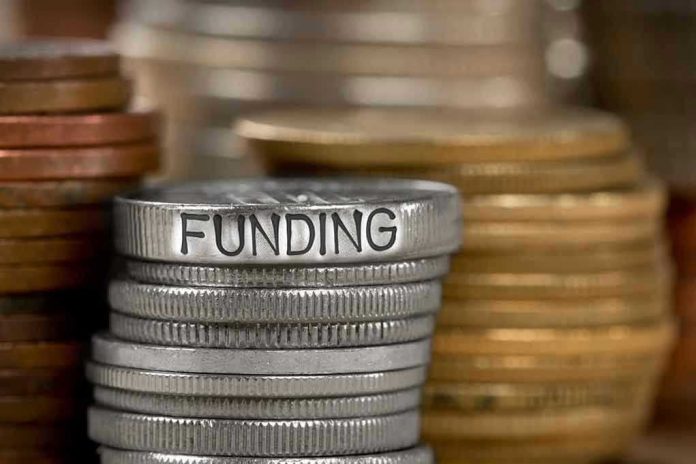
Millions raised for wildfire victims are instead funding pet clinics and “equity” initiatives—while devastated families are left empty-handed and fuming.
Story Snapshot
- $100 million in wildfire relief raised at FireAid concert failed to reach victims directly.
- Funds routed through nonprofits for projects like DEI, animal care, and environmental schemes.
- Audit reports claim no misuse, but survivors report being ignored and trust in charities plummets.
- Political and media scrutiny intensifies over transparency and accountability in disaster relief.
Massive Fundraising, Misplaced Priorities
The FireAid benefit concert, organized in Los Angeles after the 2024 Palisades and Altadena wildfires, raised a staggering $100 million from celebrities, corporate donors, and thousands of Americans hoping to help families who lost everything. Instead of direct support to victims, the money was funneled through nonprofit intermediaries, financing a range of initiatives including pet clinics, diversity-equity-inclusion (DEI) projects, and environmental programs such as fungus planting. Survivors, left out of the process, have vocally expressed their outrage as well-intentioned donations appear to bypass those in desperate need.
Critics argue this approach reflects a broader trend of progressive priorities overshadowing practical relief. Political leaders and community advocates have called out the lack of direct cash grants, questioning why bureaucratic nonprofits—often aligned with leftist agendas—are trusted over empowering individuals affected by disaster. For many conservatives, this episode underscores concerns that “woke” ideology and government overreach are eroding common-sense values, replacing real help with virtue-signaling projects that do little for actual Americans in crisis.
Audit Reports, Survivor Frustration, and Public Skepticism
In response to mounting backlash, FireAid commissioned external audits whose reports, released in September 2025, claimed every dollar raised went to vetted frontline organizations, with operational costs privately covered. While the reports found no evidence of misused funds, they confirmed the money was distributed through nonprofit grants—not as direct financial assistance to displaced families. This technical compliance failed to quell anger among survivors, many of whom remain without housing or basic resources. Their stories have fueled media investigations and amplified skepticism about the effectiveness and motives of large-scale charitable efforts.
Audit findings have not resolved the core complaint: that real victims are being ignored in favor of abstract or ideological causes. Even as FireAid and its partners defend indirect aid as efficient and transparent, the lived experience of wildfire survivors tells a different story—one of neglect, confusion, and deep mistrust of institutions that claim to serve them.
Bigger Picture: Erosion of Trust and Conservative Values
This scandal is not an isolated incident but part of a growing pattern where disaster relief and philanthropy are politicized, often at the expense of the very people they are meant to help. Past controversies following events like Hurricane Katrina and the Paradise fire have shown similar failures in fund management and delivery. The FireAid controversy exemplifies why many Americans, especially conservatives, are demanding more accountability, transparency, and respect for traditional values—prioritizing direct, tangible support over bureaucratic schemes or progressive social engineering. The erosion of trust in nonprofits and large-scale charity events threatens future disaster responses and raises urgent questions about who benefits when relief efforts become vehicles for political agendas.
$100M in LA wildfire aid is being doled out to fund pet clinics, DEI projects and fungus planting— but not a dime directly to victims @spencerpratt https://t.co/Gk8XQBWvl1
— DeniseInColorado (@JTaylorForMAGA) September 10, 2025
The ongoing scrutiny of FireAid’s methods and motives is likely to intensify as survivors, donors, and lawmakers push for reforms that ensure relief reaches those who need it most. Only by restoring common sense, protecting individual rights, and rejecting ideological distractions can American communities recover—and rebuild trust—in times of crisis.
Sources:
From Relief to Rage: $100M FireAid Concert Engulfed in Political Scandal
LA Times: FireAid releases two reports auditing its spending




